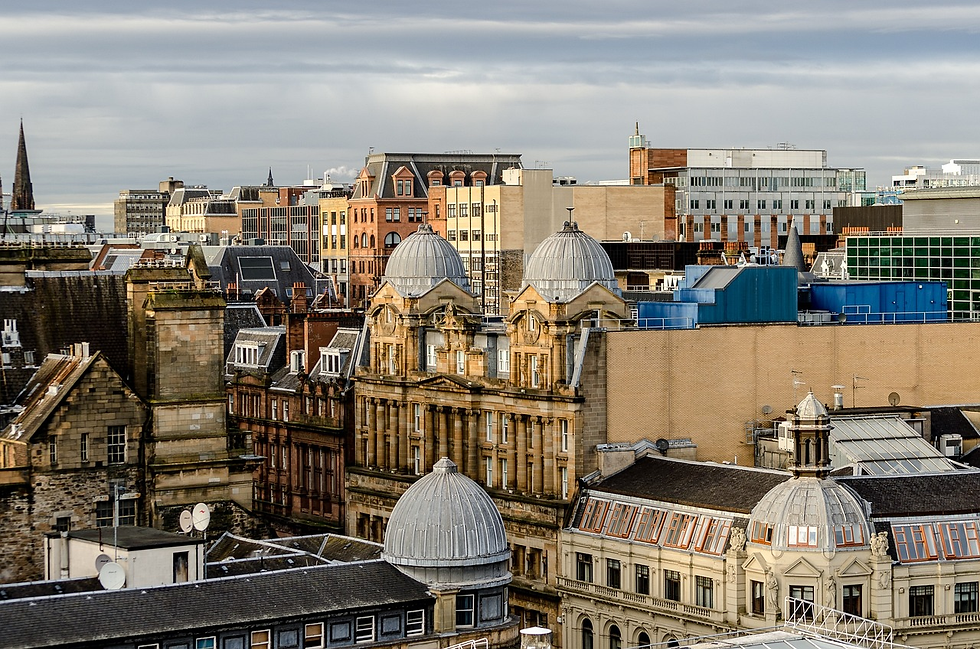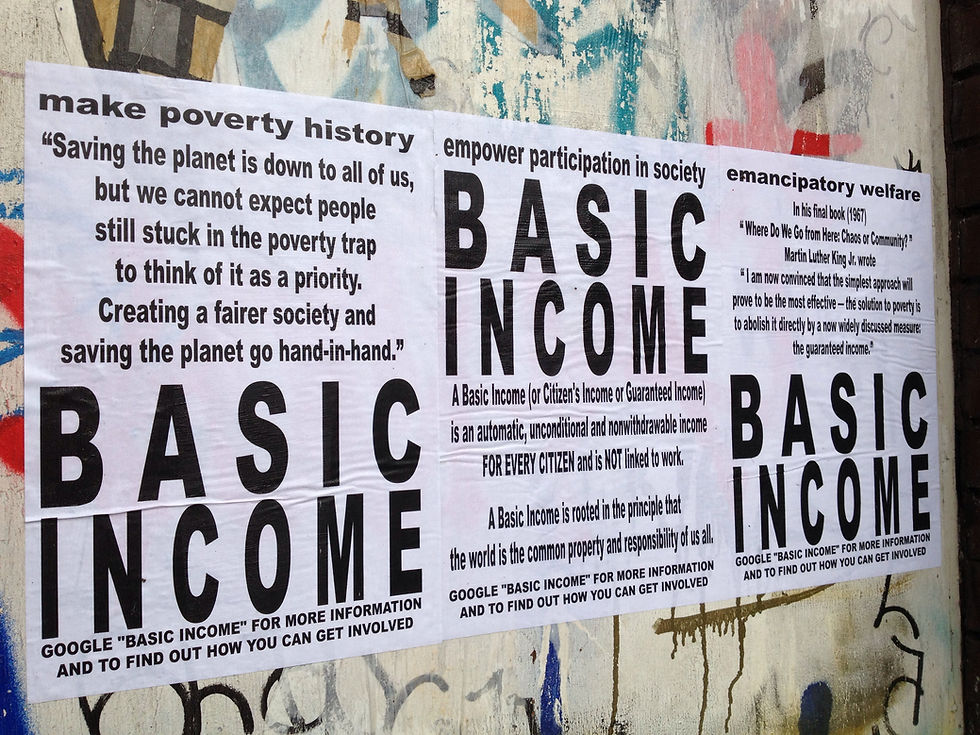Glasgow Community Unites to Release Detained Immigrants
- Maggie Tang

- May 20, 2021
- 3 min read
Updated: Dec 23, 2024
On Thursday May 13, at around 9am in Glasgow, Scotland, two men who were being detained in an immigration van were gradually surrounded by protesters calling for the police officers to let them out. Hundreds gathered to protest their detainment, while shouting phrases like, “let our neighbours go.” A dedicated activist, now known as the “Van Man,” spent nearly 8 hours underneath the van, hoping to prevent it from driving away. He claims that coming together as a community and calling for change is effective, and he hopes the world can recognise this incident as an example of successful protesting. The Home Office said the immigrants were detained due to “suspected immigration offences.”

Victory came just after 5pm, despite tensions between police officers and protesters having remained unwavering for several hours. “Van Man” who, prefers to remain anonymous, told The Guardian: “My job in this protest was probably the least interesting: it was really cold and I only had a t-shirt on.” The “Van Man” went on to say that his fellow protesters were thoughtful enough to buy him a hydration pack, hot water bottles, and blankets so that he would not get too cold and suffer from the effects of dehydration.
Officials too had something to say about this protest. Scotland’s First Minister Nicola Sturgeon said she was in strong disagreement with the Home Office’s immigration policy, and issued a statement saying: “This action was unacceptable. To act in this way, in the heart of a Muslim community as they celebrated Eid, and in an area experiencing a COVID outbreak was a health and safety risk." Sturgeon also promised to demand assurances from the UK government that such a dangerous protest would not happen twice.
Nicola Sturgeon and her justice secretary, Humza Yousaf, believe that Immigration Enforcement acted unacceptably by trying to remove migrants in a diverse community that was celebrating Eid. Sophie, a member of the No Evictions Network was surprised by the many acts of kindness amongst the protesters: “It was a really special day.” She elaborated, “With so many wee acts of kindness. We set up a tuck shop at the bus shelter, with bottles of water and food. Someone had brought their Eid cake to share. Residents and local cafes were letting people use their toilets.”
Another protester, Declan Blench, a 31-year-old translator, was on a Zoom call when his neighbour messaged him about seeing two men detained in an immigration van nearby. Blench claims “he put [his] shoes on and sprinted out.” As he approached the scene, he remembers thinking: “You’re not going to do that infront of me.”
Blench sat down at the rear end of the van since “Van Man” was already underneath and at the frontside of the van; he also positioned himself in such a way to prevent the vehicle from reversing. Blench states he has never taken such action before, and was therefore “quite nervous”. However, he was consoled by the fact that, everytime he turned to look around, he saw more and more people arriving to protest.
Charandeep Singh, the director of the charity Sikhs in Scotland knows the two men detained because of their local volunteering. He explained, “People know their names and they really are part of the community, that’s why there was this outpouring, but it was also the outrage people feel about the Home Office policy of forced removals.”
The mishandling of asylum seekers in Glasgow is a longstanding issue, ranging from the relocation of Sikhs to cramped hotel rooms during the ongoing COVID pandemic, the Park Inn Stabbing, and the death of Mercy Baguma

_edited.png)



Comments